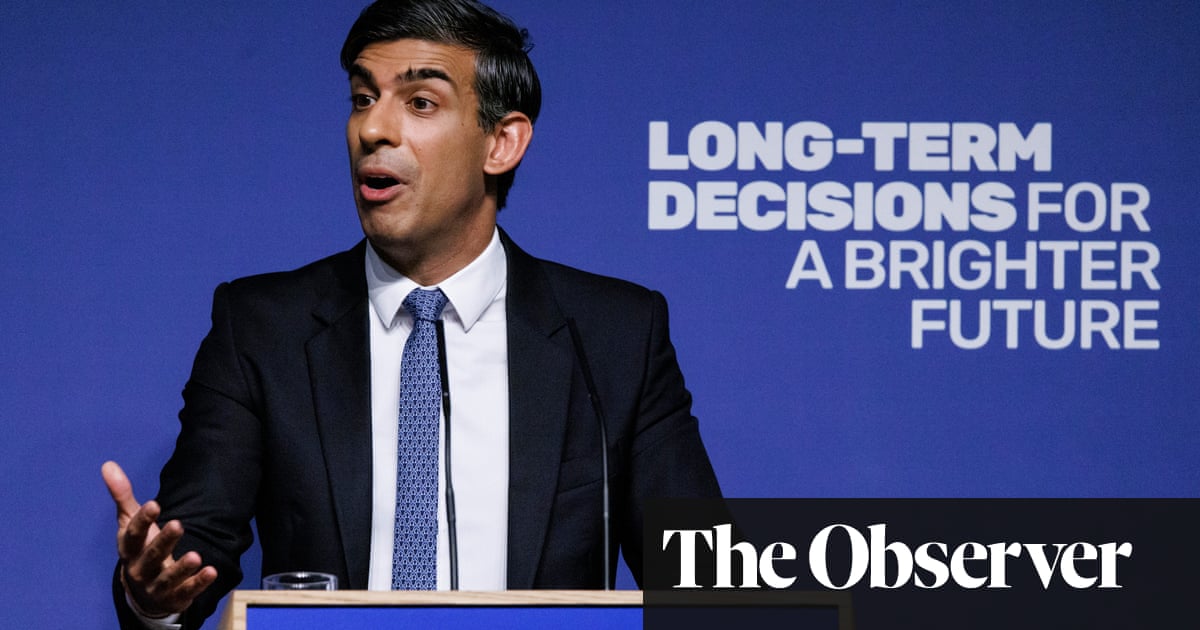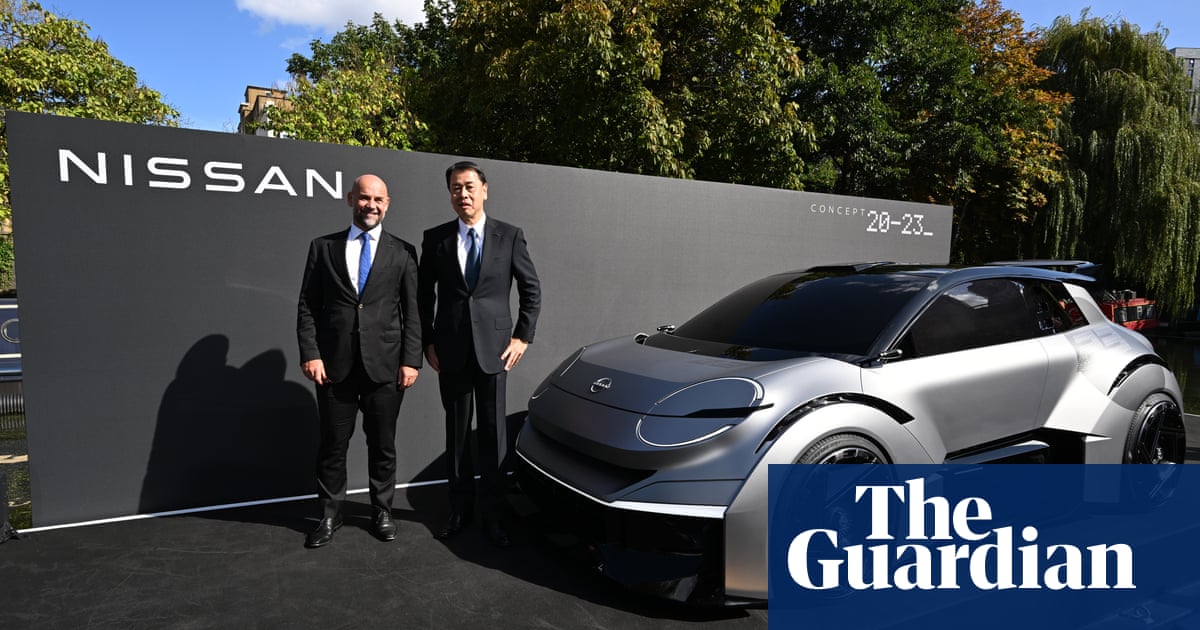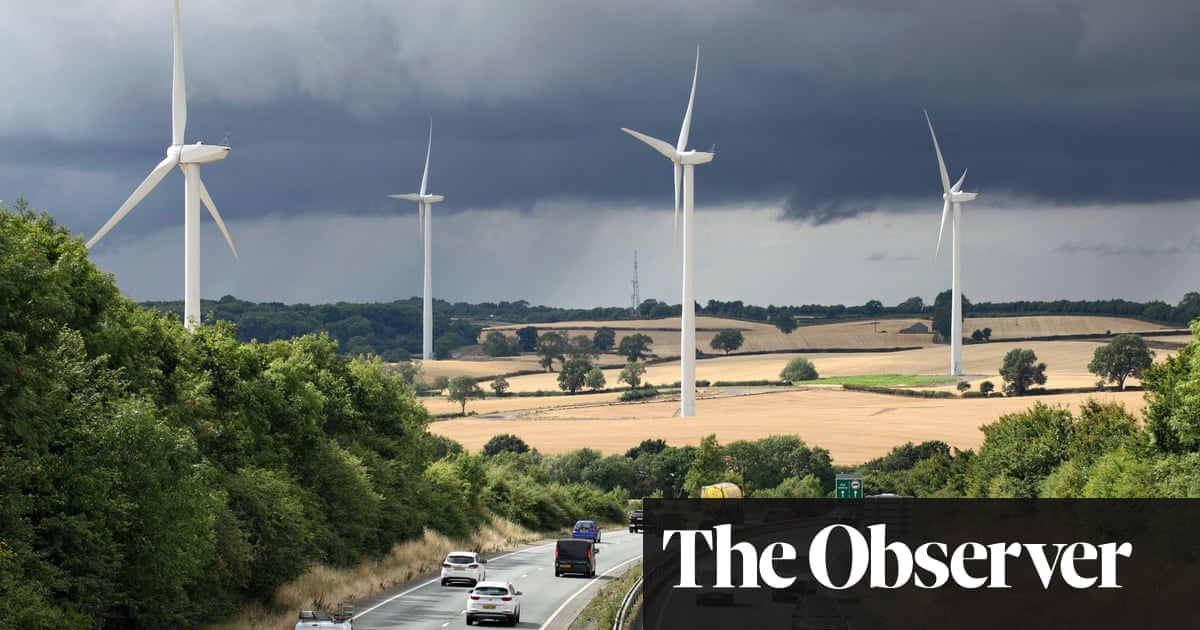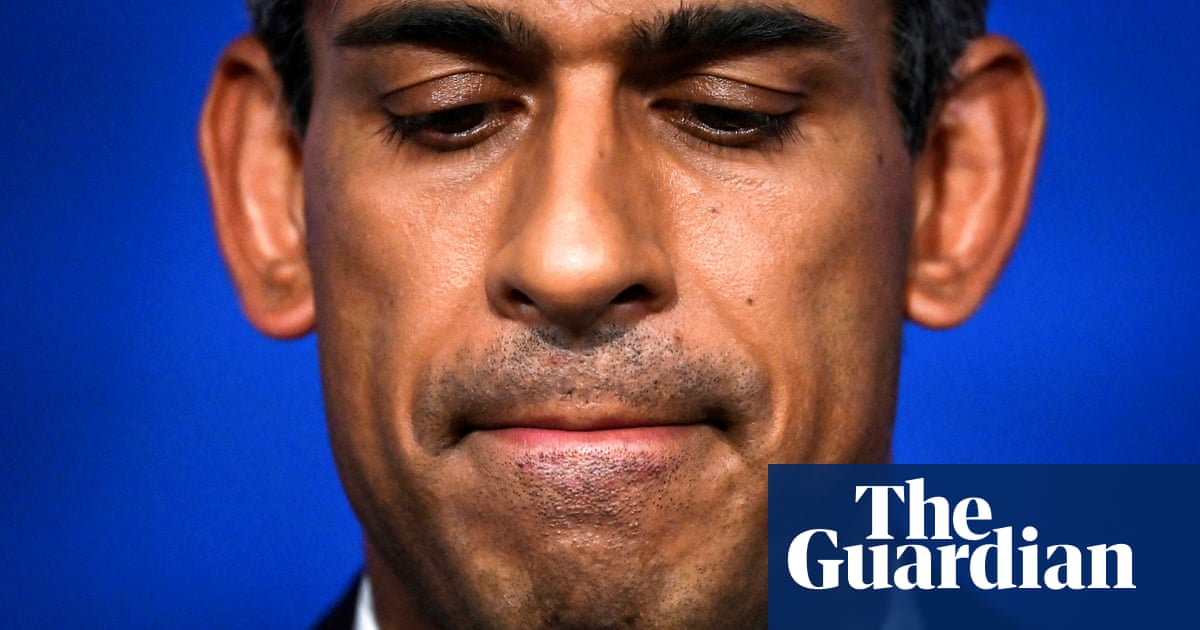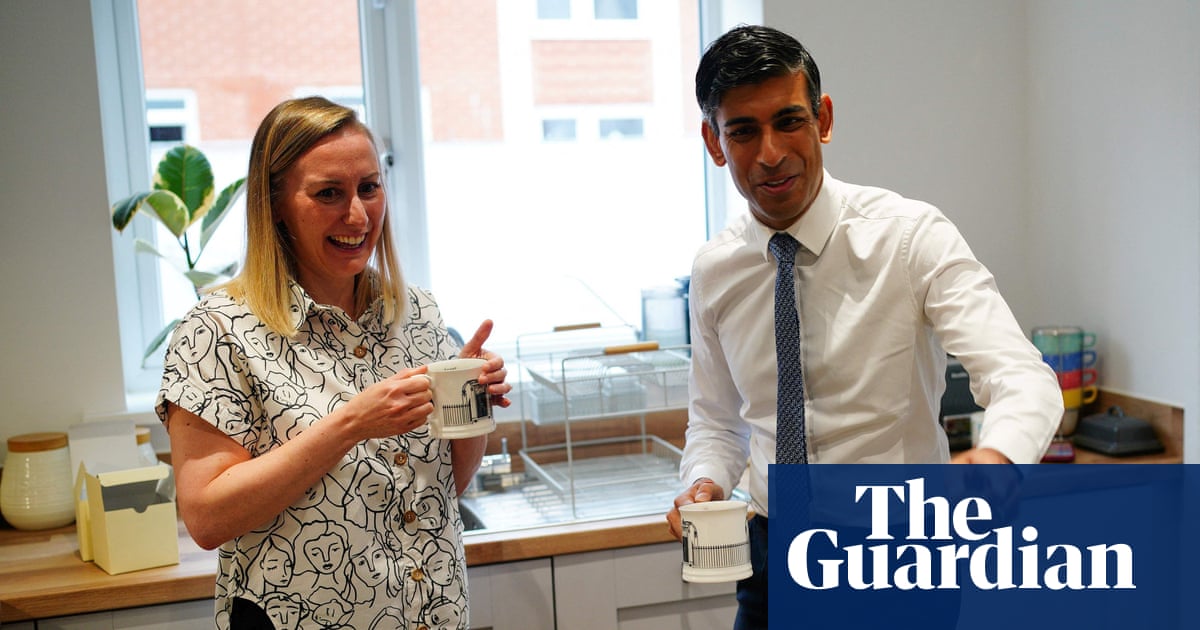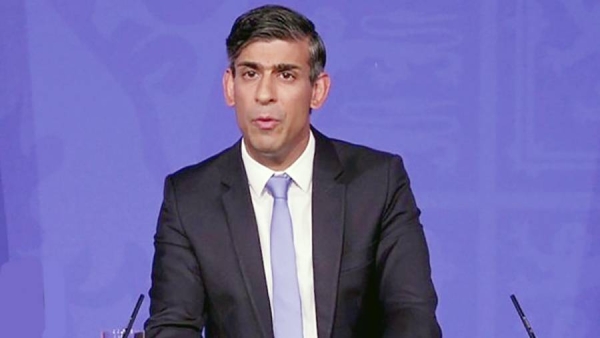
British Prime Minister Rishi Sunak has delayed a ban on new petrol and diesel cars in a major change to the government’s approach to achieving net zero by 2050.
The prime minister announced exemptions and delays to several key green policies, alongside a 50% increase in cash incentives to replace gas boilers.
The government could not impose “unacceptable costs” linked to reducing emissions on British families, he said. Sunak denied he was “watering down” the government’s net zero commitments.
The changes come as Sunak seeks to create dividing lines with opposition parties ahead of a general election, expected next year.
Framing the changes as “pragmatic and proportionate”, the prime minister has unpicked several of Boris Johnson’s key policies, many of them launched when Sunak was serving as chancellor.
And the political choices outlined in his speech preview more announcements later this autumn, as Sunak promised he would set out “a series of long term decisions”.
In a speech from Downing Street on Wednesday, Sunak said moving too fast on green policies “risks losing the consent of the British people”.
Among the key changes announced were:
¶ A five-year delay in the ban on the sale of new petrol and diesel cars, meaning a requirement for all new cars to be “zero emission” will not come into force until 2035
¶ A nine-year delay in the ban on new fossil fuel heating for off-gas-grid homes to 2035
¶ Raising the Boiler Upgrade Grant by 50% to £7,500 to help households who want to replace their gas boilers
¶ The ban on the sale of new gas boilers in 2035 remains, but the government will introduce new exemption for poorer households
¶ Scrapping the requirement on landlords to ensure all rental properties had a Energy Performance Certificate (EPC) of grade C or higher, from 2025.
The announcement was brought forward after plans to change the proposals were revealed by the BBC.
Sunak ran the changes past a hastily-organized Cabinet meeting on Wednesday morning.
Responding to the statement, Labour unequivocally committed itself to keeping the 2030 ban on the sale of new petrol and diesel cars.
Without the ban the UK will miss its target “for a fully carbon free economy by 2050”, shadow Environment Secretary Steve Reed said.
Reed said the prime minster had “sold out the biggest economic opportunity of the 21st century” for Britain “to lead the world in transition to well-paid secured new jobs of the green economy”.
Sunak also announced he would be “scrapping” a range of proposals which had been “thrown up” by the debate, including hiking up air fares to discourage foreign holidays and taxes on meat consumption - proposals that were not government policy.
Announcing the policies, Sunak said the country needs “sensible green leadership”, saying that without transparency and “honest debate” on the impact of green policies there would be a “backlash” against net zero.
“That’s why we have to do things differently,” he said.
Liberal Democrat leader Sir Ed Davey accused Sunak of being “selfish” and said the changes “epitomize his weakness”.
“The prime minister’s legacy will be the hobbling of our country’s future economy as he ran scared from the right wing of his own party,” he said.
The UK was now “at the back of the queue as the rest of the world races to embrace the industries of tomorrow”, Sir Ed added.
But the shift in policy has gained support from some within Sunak’s party.
Former cabinet minister Jacob Rees-Mogg backed the changes, telling the BBC: “The problem with net zero and having regulations coming in so quickly was that it was a scheme of the elite on the backs of the least well off.”
Sunak is instead “going with the grain of the nation and moving for ‘intelligent net zero’ by 2050 but not putting in costly bans in the next few years.”
The BBC’s Chris Mason said Sunak and his advisers will hope that beyond the criticism, many voters might quietly conclude he is on to something and being reasonable.
Sunak’s proposals are dividing his party, Parliament, and many in the country, but the PM will be looking at Labour’s lead in the opinion polls and concluding he has no choice but to gamble. — BBC




